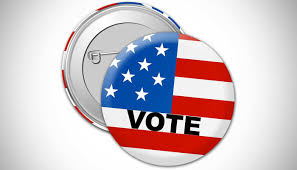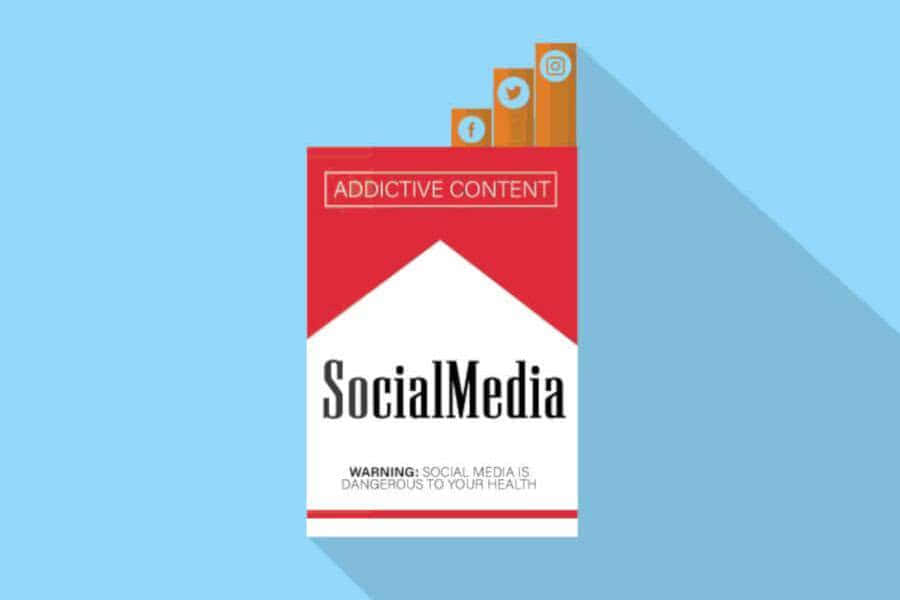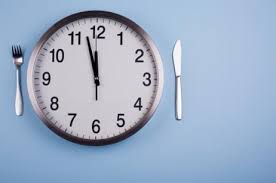Among many debates, one of the most popular is the age restriction on voting. The voting age in the United States of America is currently 18 years old. Some people are satisfied with this age, but some people want it lowered, and still others would like it to be raised. So what minimum voting age is truly best for our country?
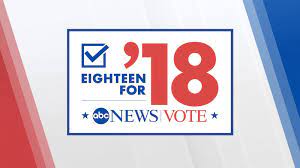 Before we can get into how suitable this age is, let’s start with how it came to be. Mr. Catullo, Hele history teacher, gave some insight on the subject. He said, “For a long time, the voting age was 21. During World War II, they changed the draft age to 18.” Mr. Catullo also stated that after that, President Lyndon B. Johnson decided it would be best if you could vote at the same age that you could join the military. Since then, the voting age has always been eighteen years old.
Before we can get into how suitable this age is, let’s start with how it came to be. Mr. Catullo, Hele history teacher, gave some insight on the subject. He said, “For a long time, the voting age was 21. During World War II, they changed the draft age to 18.” Mr. Catullo also stated that after that, President Lyndon B. Johnson decided it would be best if you could vote at the same age that you could join the military. Since then, the voting age has always been eighteen years old.
This has remained fairly accepted and agreed upon, yet some people believe the voting age should be lowered. There is even a campaign called Vote16USA that seeks to move the voting age to 16 years old. 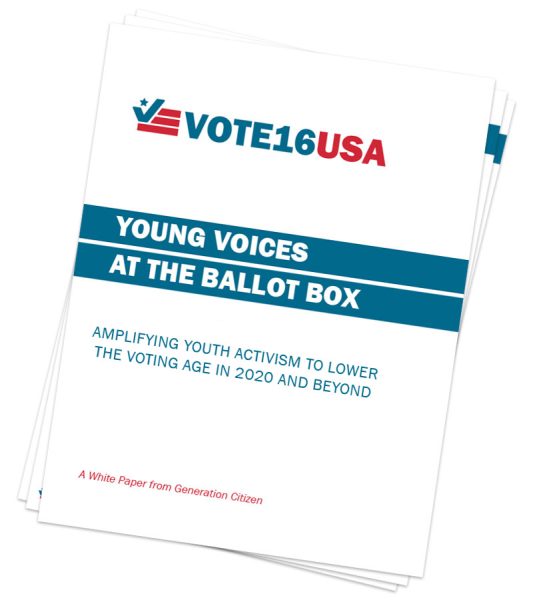 The website, called vote16usa.org, provides three reasons why 16 and seventeen-year-olds should be able to vote.
The website, called vote16usa.org, provides three reasons why 16 and seventeen-year-olds should be able to vote.
The first reason is that we need to “make voting a habit.” According to the site, “Lowering the voting age can lead to a long-term increase in voter turnout, bringing more citizens in touch with their government and pushing the government to better serve its people.” The second reason this campaign provides is that 16-year-olds are ready to vote. According to the site, voting requires something called “cold cognition.” Cold cognition is a “decision making process in which a person deliberates alone and unhurried, and draws on logical reasoning abilities. Research shows that cold cognition matures by 16, and does not improve as one gets older.” They provide yet another reason, saying that “Youth are affected by local political issues as much as anyone. They also work without limits on hours and pay taxes.”
However, many people are satisfied with the current age. According to ncbi.nlm.nih.gov, “The main argument made against lowering the voting age is that young people under 18 lack the ability and motivation to participate effectively in the electoral process…A further consequence would be that citizens under 18 might not make use of their vote as effectively as older voters.” The website states that even though younger people might vote just because they can, they will not “challenge the government to respond to their interests.”
Mrs. Streitman, a teacher on team Legacy, gave some insight on the matter. “I think that keeping it the same is appropriate…I think of voting as a very serious responsibility and privilege for U.S. citizens,” she said. She also said, “I don’t know many 16-year-olds who are all that invested in political issues and government…That’s not to say that some aren’t, but I think that there are ways to be political activists without actually casting a vote. I think that if we look at voting rates among young people, we can see that they’re a group that turns up less than any other.” Mrs. Streitman also stated that she did not believe there would be a massive shift in the number of voters even if 16-year-olds were permitted to vote.
There is also a group of people who believe that the voting age should be brought back up to the early twenties. The Prowler News site proposes the age of 25, making the argument that “Twenty-five happens to be an age where most individuals who have gone to college have graduated. College increases many statistics relating to intelligence and knowledge-based skills.”
Overall, while most people find 18 a suitable age to vote, there is a range of varied opinions on the matter.


